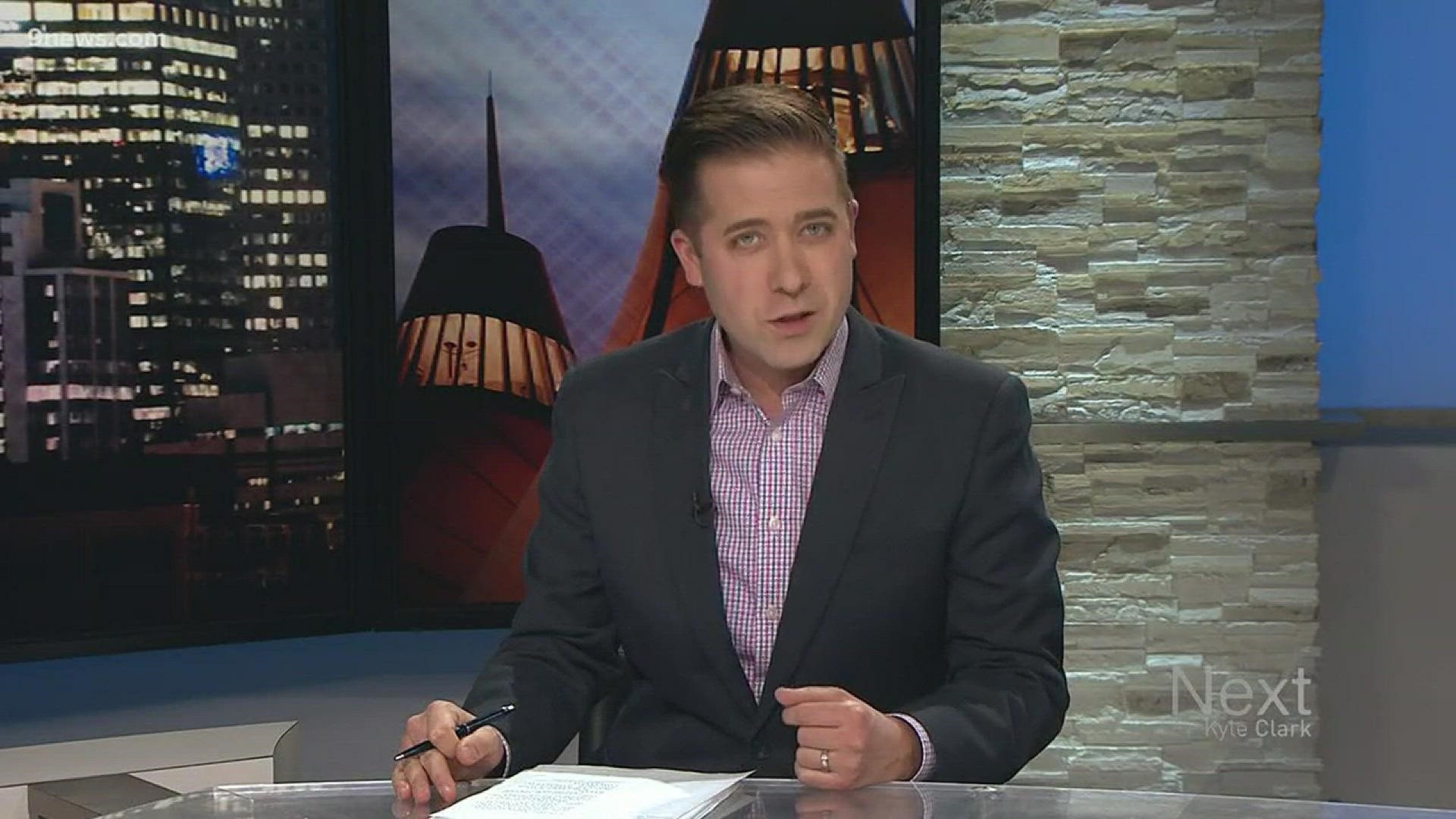The red flag bill is halfway done. Check.
Sweeping oil and gas reform is likely to pass. Check.
Paid family leave? That's next for the Democrats in control of both the House and the Senate in the state legislature.
Paid family leave would require contributions from employees and employers to pay employees for time off because of the birth of a new child, a serious health condition, caring for a family member with a serious health condition or for someone dealing with domestic abuse, sexual assault or stalking.
Employees would pay a new .32 percent fee on their salary. Employers would also pay the .32 percent fee.
For someone making $50,000, both the employee and employer would pay $160 a year.
"Fees are designed to be a benefit to those that pay into the system," said Sen. Faith Winter (D-Westminster), the sponsor of the paid family leave bill. "When you pay a fee when you register your car, you benefit from the roads. When you pay this fee, you benefit from the leave you get to use."
If you're thinking it's an income tax hike without a vote of the people, you're not alone.
"A semantic argument is never as important as how it functions, and ultimately it's going to function like a tax," said Sen. Jack Tate (R-Centennial).
Previous court decisions appear to be on the side of Democrats. In May 2018, the Colorado Supreme Court ruled 2-to-1 that a 20-cent paper bag fee in Aspen was indeed a fee and not a tax.
"The supreme court holds that if the primary purpose of a charge is to raise revenue for the general expenses of government, then the charge is a tax. Conversely, the supreme court concludes that a charge is not a tax if the primary purpose of a charge is to defray the reasonable direct and indirect costs of providing a service or regulating an activity, because such a charge does not raise revenue for the general expense of government."
"It doesn't go to the General Assembly for us to pick apart and use on our pet projects. This can only be used for the benefit of the people paying the fee," said Winter.
"However you want to describe it, technically, it functions the same, and that is to raise costs on businesses and ultimately hurt competitiveness," said Tate. "You could always opt-out and take advantage of a different fee, that's unemployment."
An employee would benefit by receiving a hard-to-follow calculation.
Here goes nothing.
The calculation is 90 percent of half of the state's average weekly salary. First, you need to know the state's average weekly salary. That number is about $1,100. Half of that is $550. So, 90 percent of half of the state's average weekly salary is $495. If you make less than that, you would get 90 percent of what you're used to getting. If you make more than that, you would get 90 percent of the first $550 ($495) and then 50 percent of the difference between $550 and what you actually make in a week.
For example, if you make $800 in a week, the first $550 would be paid at 90 percent ($495), then you take the difference between $800 and $550 ($250) and you get 50 percent of that ($125). You take $495 plus $125 to get your total of $620.
No one would be able to make more than $1,000 per week.
Those who are self-employed can benefit from this program, but to do so they have to commit to paying into the benefit for three years. Someone who is self-employed could not start paying, take 12 weeks paid family leave, come back and stop paying the benefit.
The aspects of the bill will be hashed out during its first committee hearing on Wednesday. There are already amendments going to be made to the proposed bill.
"This, actually, is probably draft number 10," said Winter.
One amendment that will be made will give discounts to businesses of 10 employees or less. Another amendment will cap the fee to .32 percent on the first $80,000 of someone's yearly salary. If you make more than that, you will only be charged the new fee on the first $80,000.
In a 16-tweet thread, Senate Republicans posted a number of concerns, including payments to those here illegally and fighting fraud.
According to Winter, employers in Colorado are supposed to check someone's status when they hire them. She said this program is for anyone already on payroll.
There is language in the bill for someone making false statements or misrepresenting facts. Those people will be disqualified from making paid family leave claims for one year.
However, the bill does not make it clear if someone who makes false statements to get paid family leave will have to pay it back.
"The division may seek repayment of the benefits from the recipient. The director shall exercise discretion to waive, in whole or in part, the amount of any repayments where the recovery would be against equity and good conscience," the bill reads.
The first committee hearing is Wednesday in the Senate Business, Labor and Technology Committee at 1:30 p.m. in Room 354 at the Capitol.

